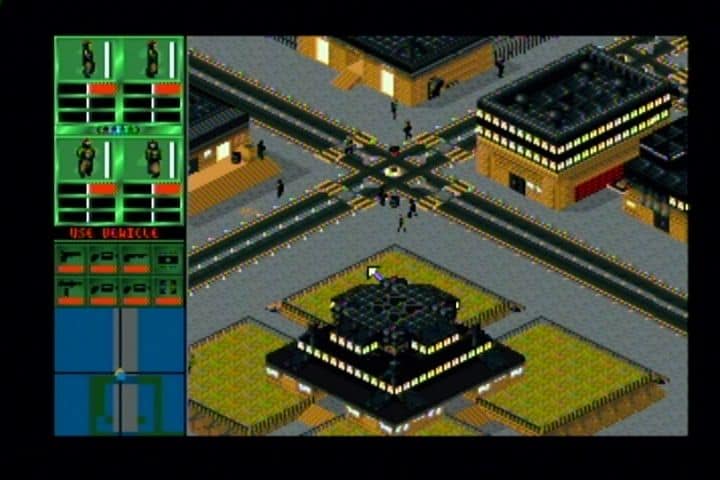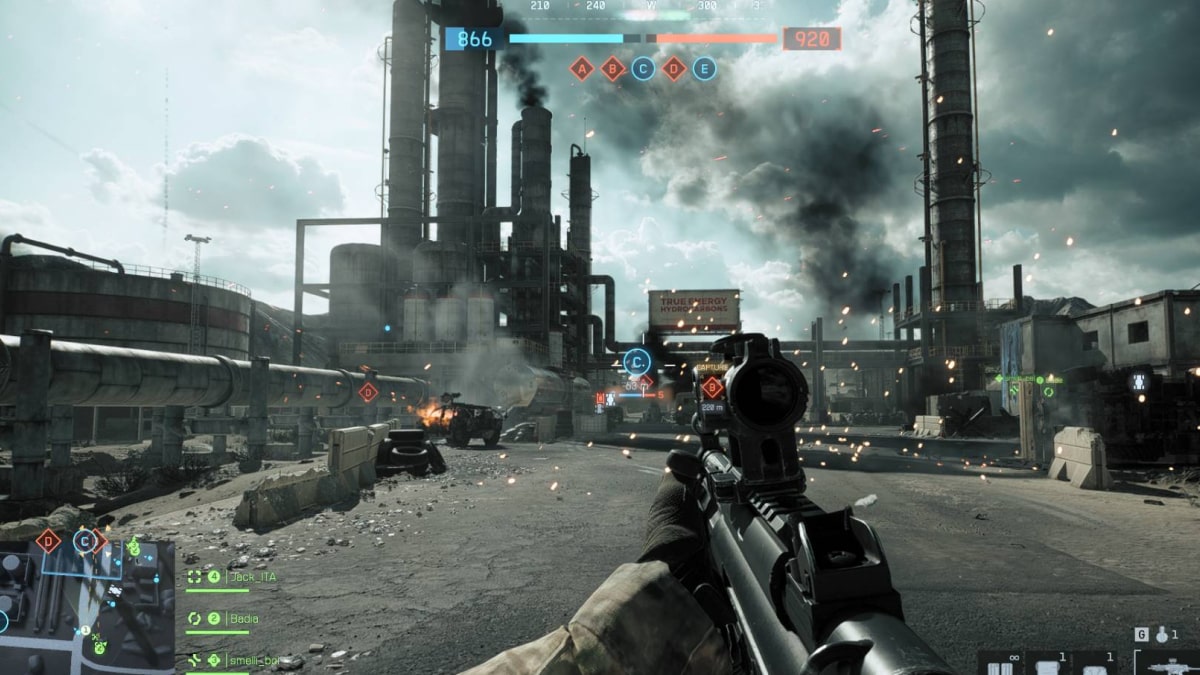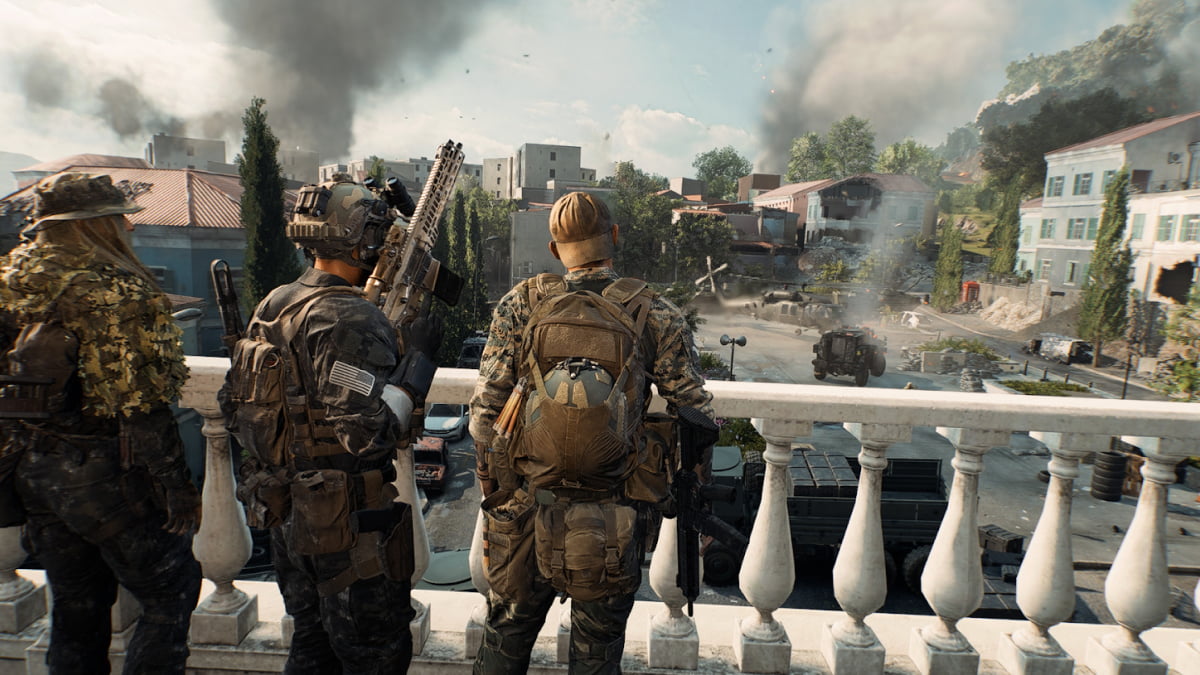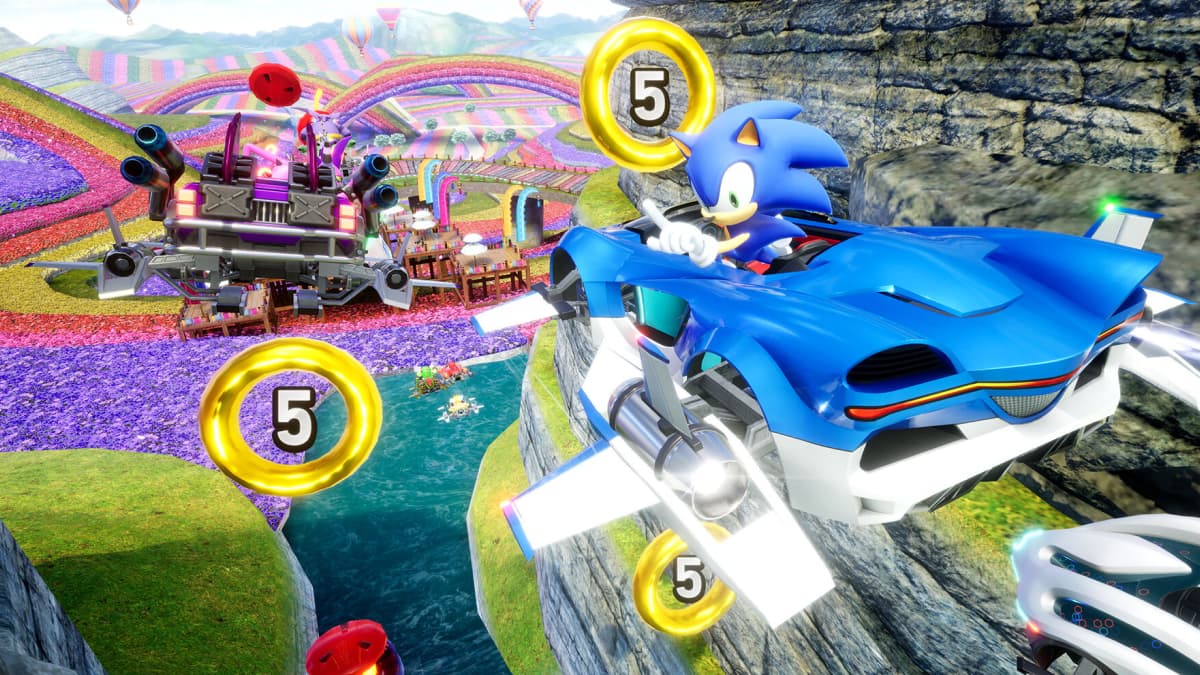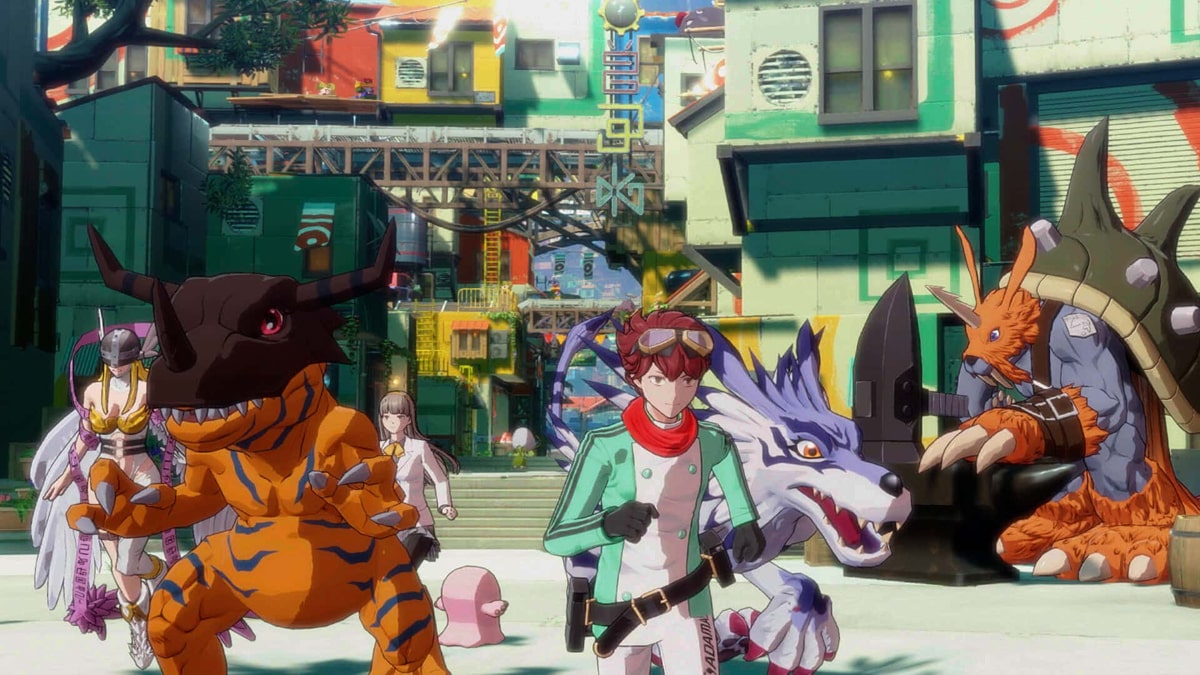You can trust VideoGamer. Our team of gaming experts spend hours testing and reviewing the latest games, to ensure you're reading the most comprehensive guide possible. Rest assured, all imagery and advice is unique and original. Check out how we test and review games here
Syndicate means business. Regardless of your opinion on whether this cherished 90s series should have been reborn as an FPS in 2012, its world of all-consuming corporations and always-connected citizens feels more relevant than ever. We live in a constantly-online world, pledging allegiance to the superbrands of mammoth companies with soothing thumbs-up buttons and forced hashtags, all while our politicians roll over to accommodate these corporate giants. Companies like Apple and Microsoft prop up economies and post profits that seem more like GDP’s, and in our current world Syndicate’s vision of corporations replacing governments in the future seems eerily plausible.
That’s the context Swedish developer Starbreeze has inherited, but one it fails to engage with outside of a few half-hearted sentiments on the value and meaning of its tech-obsessed society. This is a world that demands deeper exploration than a few misty-eyed monologues and some collectible propaganda posters littered around the environment you can scan, but that’s sadly all you’re going to get.
As Syndicate’s intriguingly dysfunctional campaign starts, you’re joined by your gleefully detached EuroCorp sidekick Meritt on a clandestine raid of an opposing syndicate. He shoots the breeze while indiscriminately gunning down office staff – creepily dubbed “soft assets” – as they desperately attempt to flee the carnage. You’re immediately drawn into this miserable world, and compelled into this vision of being a vile corporate superweapon of the future. Let’s hope they don’t muck it up by having its cardboard cut-out characters spew daft sentiment abou– oh.
Syndicate’s biggest failing is perhaps a complete inability to realise the appeal of Bullfrog’s original dystopian vision. Half-heartedly wedging in some basic dramatic structure only serves to highlight how Starbreeze doesn’t know what it’s doing with this game, and an awkward endgame (in a brief 20 chapter campaign) that focuses on morals and truth simply doesn’t work in a game where everyone’s a villain.
But it’s got moments. Your character’s whizzy newfangled brain chip, the DART 6, gives you an augmented reality overlay that highlights almost all the items in the environment – civilians, buckets, computer terminals, cash machines, etc – which affords Syndicate a unique and distinct look. The use of office jargon to represent violence and confrontation in the script is a nice little touch, too, adding a spin to a story where a ‘hostile takeover’ becomes an all-out war between corporate nations.
This is a world with promise, and one that exists when you close your eyes – though that’s partially because Starbreeze rips so copiously from other media you can fill in its environmental blanks yourself. It’s a sci-fi environment the developer leaves almost completely unexplored, however, instead rushing you through its tiny campaign and focusing more on its uninteresting supporting cast rather than its fascinating world. This is a game that, for all its pretend posturing, casts a beautiful woman (you know she’s attractive because the script goes to great lengths to point this out) as sympathetic genius doctor Lily Drawl, the exact kind of thing you’d expect in a C-tier Jason Statham action movie, possibly played by Denise Richards.
It’s a good job the shooting is actually quite clever, then, because the storytelling is a bit thick. The mute and lifeless player character, Miles Kilo, comes pre-installed with three whizzy apps, giving him the ability to make guns backfire and people commit suicide, or fight for you for a bit and then commit suicide. I’d have just settled for a copy of Angry Birds and an Arnold Schwarzenegger soundboard, but I guess that’s not how they roll in 2069.
Each of your applications requires you to hold the button for a few seconds before they’re unleashed, and letting go as the on-screen counter hits the sweet spot confers additional bonuses. Like Gears of War’s active reload, this adds a nice element of risk and reward to even the simplest of mechanics.
These three applications are recharged by killing enemies (USB 3.0 would have probably been more practical) but your recharging fourth function is the killer app. With the press of a button you’re chucked into a slow-mo overlay where you deal more (and take less) damage, as well as having all enemies on the screen (including ones behind objects and walls) light up in a tell-tale hue. Bag multiple kills quickly and you’ll trigger a Rampage, which ups your damage even further alongside giving you hefty score bonuses.
Such options are mixed with the game’s bevy of spray-and-prey automatic weaponry to ensure that gunfights play out with an abundance of peppery bullets, and your typical arsenal of shotguns and assault rifles is rounded out by the odd bit of futuristic weaponry and the hyper-violent glee derived from an insane minigun that can shred enemies to ribbons.
This novel combination of guns and suicide-inducing brain applications should lift Syndicate above its peers, but after inventing these mechanics it’s clear (much like with the game’s plot and setting) Starbreeze doesn’t really know what to do. You should feel like a cybernetic predator, but too many encounters play out with you shooting people (in the conventional manner) and occasionally causing some chap to blow his brains out. Almost all inventive use of your powers is reserved for cutscene and set-piece, which is a real shame, and the game too routinely wheels out miserable, repetitive and frustrating boss encounters. It’s a missed opportunity.
Elsewhere there’s a four-player co-op mode that pledges to re-imagine missions from the original Syndicate, but these nine missions on offer only seem to share geographical location, unless I’ve completely forgotten that the original Syndicate was a watered down version of Left 4 Dead.
It’s a four-player co-op mode, then, and it’s pretty much what you’ve come to expect from these modes. Events play out with only the loosest of contexts, and revolve around moving from point A to B, and then occasionally lugging an Important Object from point B to A while shooting a whole load of people. The actual co-op mechanic, as in what Starbreeze has done to ensure players stick together, is that you can immediately heal your extremely fragile colleagues at any time provided you have line of sight, which actually works quite well – you’re simply not powerful enough to jog off on your own, but a pair of players can push into an area if the other duo is keeping their health bars stacked to the nines.
Co-op is good in the way that most co-op modes are good – it’s a perfectly pleasant social experience with friends – and the game comes complete with the typical breadcrumb trail of persistent unlocks and upgrades, alongside the same technowizard mind tricks from the single-player campaign albeit with the slow-mo effect. It’s a mode that functions rather than thrills.
There’s a lot to like about Syndicate’s mechanics and recoil-rich gunplay, and your cache of cybernetic powers elevates the game above most rote corridor shooters. But Syndicate doesn’t know what it wants to be at its core, and its dry protagonist blasts through hyper-violent environments with no motivation or desire. Syndicate’s callous world of corporate dominance feels more pressing than ever in 2012, but Starbreeze lacks the confidence to execute on this chilling vision of the future.
Version Tested: PlayStation 3
Syndicate
- Platform(s): 3DO, Classic Macintosh, Commodore / Amiga, Genesis, Jaguar, PC, PlayStation 3, SEGA CD, SNES, Xbox 360
- Genre(s): Action, First Person, Shooter

/https://oimg.videogamer.com/images/d5f8/syndicate_64.jpg)
